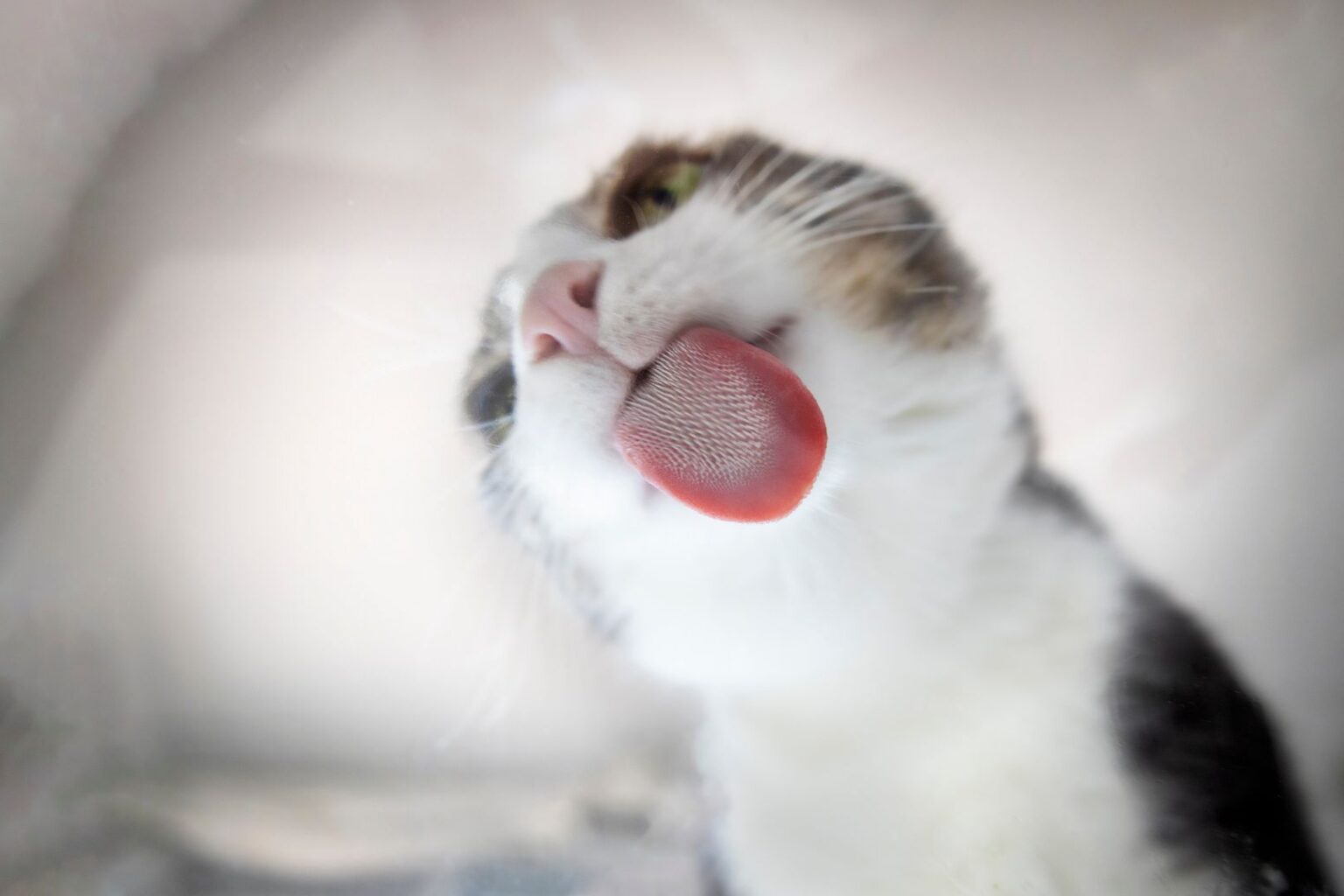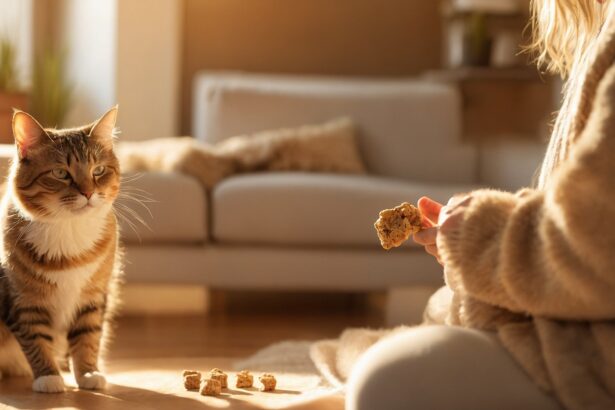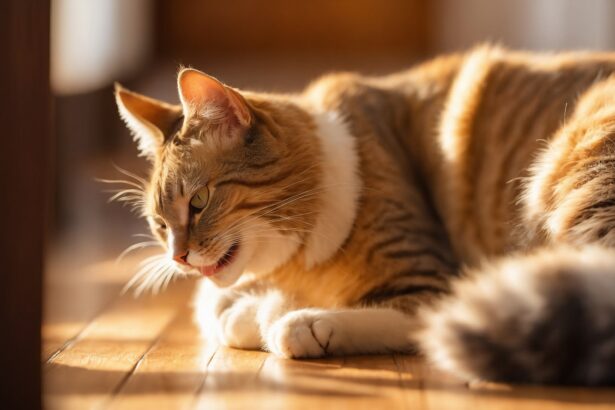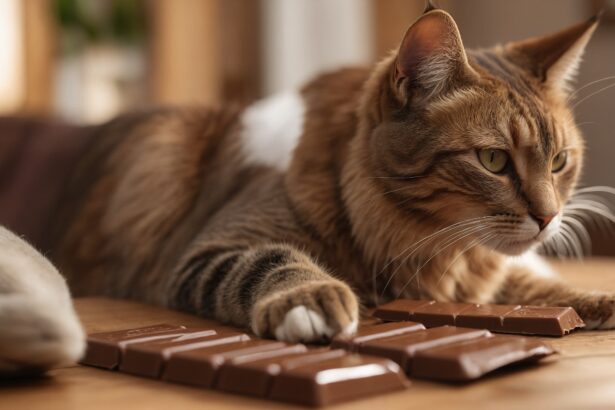Ever feel like your cat has chosen your arm as a lollipop? Those sandpapery kisses are sweet, a little scratchy, and far from random. A cat’s rough tongue is built for grooming, but licking you can mean much more than “you missed a spot.”
Licking as love—and as language
Cats groom each other to bond. It’s called allogrooming, and when your little queen grooms you, she’s folding you into her inner circle. Lucky you.
Licking also helps mix “family scent.” Cats feel safer when everyone smells like one team. That’s why multi-cat households often share a common fragrance.
- Affection: The feline version of a hug. Short, relaxed licks during cuddles scream “you’re mine.”
- Caretaking: Some cats “mother” their humans, especially if you remind them of kitten days.
- Attention: Licking = instant reaction. If you talk or pet back, they learn it works.
Curious about the many shades of this behavior? Here are more angles on why cats lick people.
Emotional reasons you’re getting licked
Sometimes licking is your cat’s happy place. Other times, it’s self-soothing. Think of it like humans twirling hair or biting lips.
- Stress relief: Licking can calm a worried kitty. New guests, changes at home, even a moved sofa can be “a lot.”
- Routine and ritual: Cats adore predictability. If licking happens every night on the couch, it’s now A Thing.
- You taste interesting: Skin is a little salty after a workout. Some cats love that mineral tang.
If licking ramps up out of the blue, check for signs of stress in cats and help your sweetie decompress.
When licking hints at health issues
Most licking is normal. But excessive licking—especially to the point of thinning hair or creating scabs—deserves attention.
- Itchy skin or allergies: Fleas, food sensitivities, or dust mites can all trigger overgrooming.
- Pain: Cats may lick where it hurts—joints, tummy, surgical sites.
- Nausea or dental discomfort: Some cats lick when queasy or when their mouth hurts.
- Compulsive patterns: In rare cases, stress becomes a habit that needs a vet or behaviorist’s help.
Noticing bald spots, redness, or constant licking? A vet visit is best to rule out bigger issues. Here’s how to spot early red flags: cat diseases and what to watch for.
What to do when your cat licks you
When it’s cute and comfy
- Enjoy the moment. A few affectionate licks are a compliment in cat language.
- Offer a gentle grooming glove session to “give the love back.”
- End on a high note before it escalates into nibbling.
When it’s too much
- Redirect kindly: Offer a plush toy or a quick treat hunt to switch the focus without scolding.
- Use a cue: Teach a calm “All done” and follow it with a different reward, like chin scratches.
- Boost enrichment: Puzzle feeders, window perches, and short play bursts reduce stress-driven licking.
Pro tip (surprisingly effective)
Create a “Chill & Lick Station.” Keep a refrigerated silicone baby spoon or small licking mat ready. Add a cat-safe puree (plain meat squeezable treat), and when your cat starts licking you, present the cool spoon instead. It satisfies the urge, feels soothing, and saves your skin.
Common mistake to avoid
Don’t apply perfumes, citrus balms, or essential oils to deter licking. Many fragrances and oils are toxic to cats, and strong scents can spike anxiety. Instead, redirect and manage the environment.
A tiny tongue secret
A cat’s tongue is covered in backward-facing, hook-like papillae made of keratin. They act like mini combs, grabbing loose fur and wicking saliva deep into the coat. That’s why your cat’s kisses feel like a gentle scrub—and why they’re grooming pros.
Strengthen the bond by reading the signals
Licking is one clue in a bigger conversation. Pair it with posture, purring, tail swishes, and where you are in your daily routine.
Affectionate licks during cuddles? Adorable. Relentless, anxious licking? Time to soothe, redirect, or call the vet. Either way, you’re learning your cat’s love language—and that only brings you closer.
FAQ
Why does my cat lick me and then bite?
It’s often play or overstimulation. The licking starts as affection, then the arousal tips over into a quick nip. End the session early and switch to a toy before the bite.
Is it safe to let my cat lick my skin or a small wound?
Healthy skin, occasionally—fine. Open wounds—no. Cat mouths carry bacteria, so cover cuts and let your kitty groom a toy instead.
How can I stop nighttime licking without hurting my cat’s feelings?
Close the bedroom door, add a pre-bed play + snack routine, and keep a “Chill & Lick Station” handy outside the room. Consistency is key.
Why does my cat lick my hair or face?
You’re family. Hair and face grooming is peak bonding in cat world. If it’s too much, redirect to a brush or plush toy and reward the switch.







